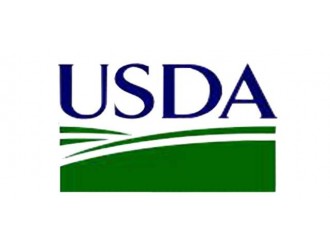经过评估,专家小组认为,在预期的使用条件下,不能排除饮食暴露引起过敏反应的风险,尤其是对花粉过敏的个体。根据所提供的数据,评估小组得出结论,这种食品酶在预期使用条件下不会引起安全问题。部分原文报道如下:
The food enzyme pectinesterase (pectin pectylhydrolase; EC 3.1.1.11) is produced with the genetically modified Trichoderma reesei strain RF6201 by AB Enzymes GmbH. The genetic modifications do not give rise to safety concerns. The food enzyme was co
nsidered free from viable cells of the production organism and its DNA. It is intended to be used in five food manufacturing processes: fruit and vegetable processing for juice production, fruit and vegetable processing for products other than juices, production of wine and wine vinegar, coffee demucilation and production of plant extracts as flavouring preparations. Since residual amounts of the total organic solids (TOS) are removed during the coffee demucilation and the production of flavouring extracts, dietary exposure was calculated o
nly for the remaining three food processes. It was estimated to be up to 0.532 mg TOS/kg body weight (bw) per day in European populations. Genotoxicity tests did not indicate a safety concern. The systemic toxicity was assessed by means of a repeated dose 90-day oral toxicity study in rats. The Panel identified a no observed adverse effect level of 1,000 mg TOS/kg bw per day, the highest dose tested, which, when compared with the estimated dietary exposure, resulted in a margin of exposure of at least 1,880. A search for the similarity of the amino acid sequence of the food enzyme to known allergens was made and two matches were found with pollen allergens. The Panel co
nsidered that, under the intended co
nditions of use, the risk of allergic reactions upon dietary exposure, particularly in individuals sensitised to pollen allergens, cannot be excluded. ba
sed on the data provided, the Panel co
ncluded that this food enzyme does not give rise to safety co
ncerns under the intended co
nditions of use.
本文由食品伙伴网食品资讯中心编辑,有任何疑问,请联系news@foodmate.net。












 地区:
地区:






 鲁公网安备 37060202000128号
鲁公网安备 37060202000128号



